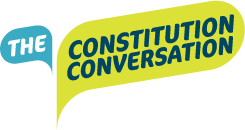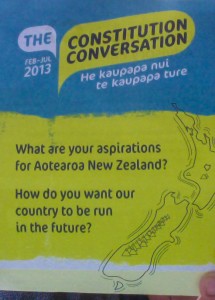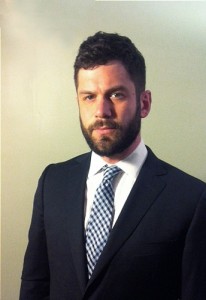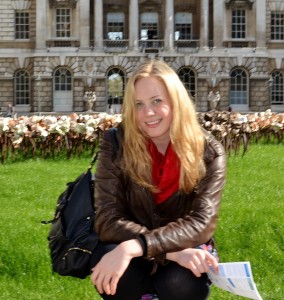My fellow blogger, Beverly Ma, and myself wanted to do something a bit different for our next posts. We decided to ask each other some fun, and hopefully informative, questions about law school and the life of a law student. As evidenced by her previous posts, Bev is a not only smart and very helpful but also involved in the UBC Law and broader community, so don’t miss her take on first year law and beyond.
Q: What is the best or worse piece of advice you received while in law school?
A: As a law student, you will find that you will be gifted with advice from lawyers, upper year students, professors, all the time. Heck, my blog posts are kind of like advice. It’s a little obvious, but do think twice before you apply or discard advice!
Worst Advice: December exams don’t count so you don’t have to try.
This is wrong. Wrong, wrong, wrong. December exams CAN count. In the 2012-2013 academic year, they could have been worth a quarter of one’s final mark, if the final exam mark was below the December exam mark. I found that studying for December exams helped to reduce the amount of reviewing I had to do when it came to cumulative final exams. Work can snowball really easily in law school, so take every opportunity you can to learn the material and you will thank yourself later on.
Best Advice: The legal profession is a people business. Get to know people.
The things I’ve learned simply by having walked up to a lawyer or an upper year student and talking to them always surprise me. I love having the opportunity to talk to lawyers about their practice, upper year students about their courses of choice, and professors about their opinions. There are kinds of nuanced information you really can’t get from a website or pamphlet – I don’t think there’s a substitute for getting to know people, especially in person.
Q: How did you narrow your interests when in law school?
A: I’m not sure if I have completely narrowed my interests. The problem is my interest in different areas of law is a function of what I find interesting. To a certain extent, I find everything interesting. I think that a good way to go about narrowing your interests would be to talk to people! Talk to professors, talk to lawyers (practicing in different fields), and other students. This can really help you shape your interests. Another great way is to get involved in legal work in any capacity in a field of law you are curious about in a paid or volunteer capacity.
Q: What did you do besides school during the school year?
A: Law classes really did make up a huge part of my life during the school-year because I really tried to keep up with my readings and assignments. Outside of classes, I volunteered, mostly around the law school community. For example, I was a Clinician with the Law Students Legal Advice Program in Chinatown. I also tried to volunteer outside of law school with the Centre for African Affairs and Global Peace. I worked part-time as a Peer Tutor with Access and Diversity. I’m not going to lie: my social life was almost nonexistent. I found volunteering and working really helped to distance myself from the stresses of law school though.
Q: Where do you like to study?
A: I really liked getting away from Allard Hall for most of my studying, even though it is a beautiful building. I prefer a quiet space, and I did most of my studying in my room, with lots of snacks. I also loved going to the Riddington Room inside the Irving K. Barber Library, an undergraduate favorite and fondly referred to as the Harry Potter Room. Coffee shops don’t work out that well for me because I can get too distracted with people-watching.
Q: How do you de-stress?
A: I bake or cook to de-stress (and if you need to eat anyways, it kills two birds with one stone). There’s nothing like kneading dough when you’re frustrated with readings.
Q: What are 3 things you need to survive at law school or in Vancouver?
A: Oh boy.
1. An umbrella: I almost always have an umbrella. I almost always have a spare in my locker too, which I am happy to lend out.
2. Rain boots: Wearing damp socks is possibly one of the worst things in the world.
3. A laptop: Seriously. Professors talk fast and Condensed Annotated Notes need to be formatted. I type much faster than I write, so I found a laptop helpful for law school exams. As a commuter, I also recommend a lightweight laptop.
Q: Favorite food/restaurant in Vancouver?
A: I eat too much. I think my favorite cuisine is Mediterranean followed by Chinese. One of my favorite Greek restaurants is Kisamos in Stevenson – it’s a little out of the way relative to UBC though. One of my favorite Chinese restaurants is Long’s Noodle House. It’s a hole-in-the-wall without the best customer service, but they make delicious food! I love sweets of course, and I highly recommend a cup of classic hot chocolate from Thomas Haas or a Marbelous cookie from Blue Chip Cookies (right on campus!).



